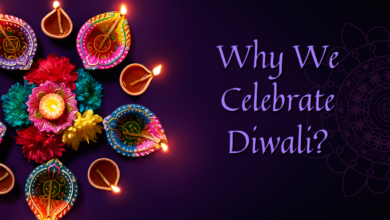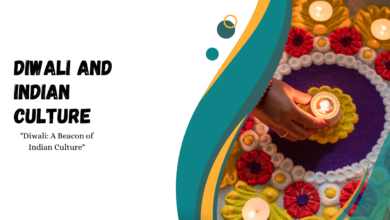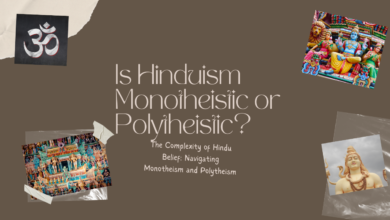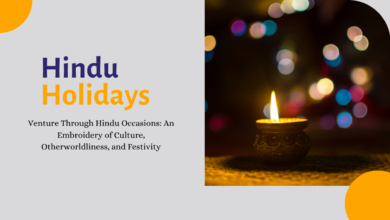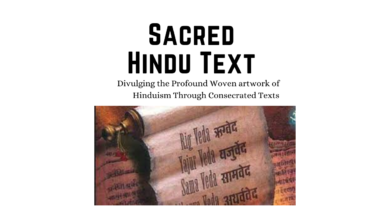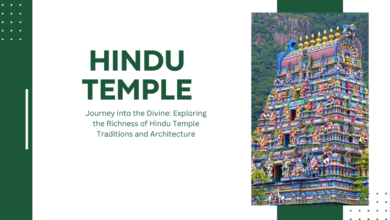Hindu Gods
Journey Through the Pantheon: Unveiling the Myths and Symbolism of Hindu Gods and Goddesses.
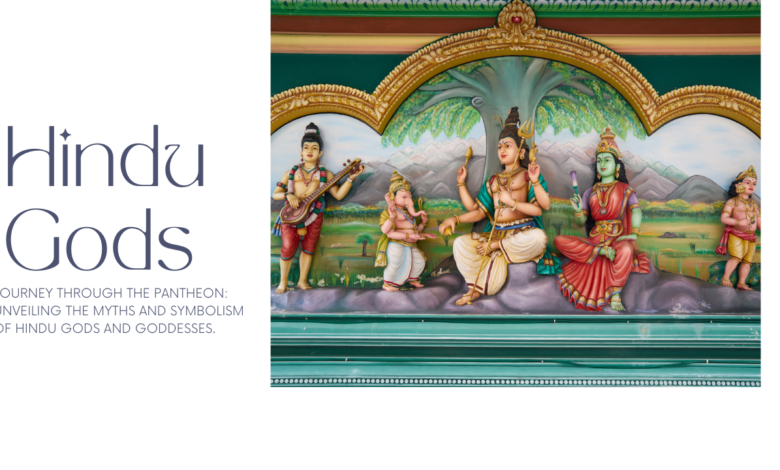
Hindu Gods
Hinduism recognizes a multitude of deities, with estimates ranging from hundreds to millions. The concept of a single, supreme god is also prevalent.
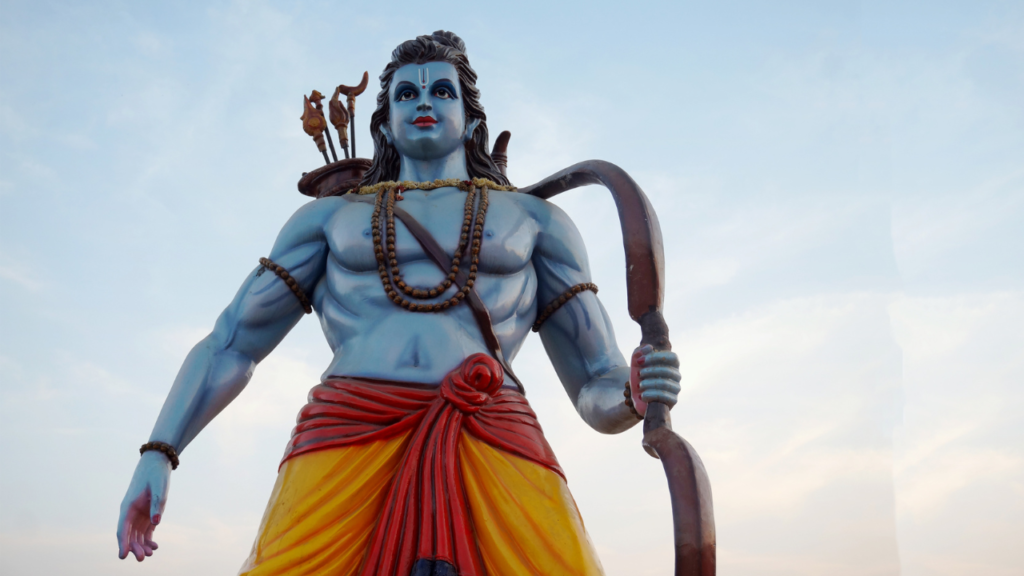
Introduction:
Hinduism, one of the world’s oldest religions, boasts a rich and diverse pantheon of gods and goddesses. This ancient tradition is characterized by its intricate mythology, colorful rituals, and a multitude of deities that represent various aspects of the divine. Let’s embark on a journey to explore some of the prominent Hindu gods and goddesses, each with a unique personality, symbolism, and significance.
Brahma – The Creator:
Brahma, the first member of the Hindu Trinity, is the creator of the universe. Often depicted with four heads, each representing the four Vedas, Brahma symbolizes knowledge and the cosmic order. Despite his role as the creator, Brahma is not as widely worshipped as other deities, as his focus is on the creation aspect, leaving the responsibility of maintenance and destruction to other gods.
Vishnu – The Preserver:
Vishnu, the second member of the Trinity, is the preserver of the universe. Recognized for his avatars, the most famous being Lord Rama and Lord Krishna, Vishnu intervenes in times of cosmic imbalance to restore order and righteousness. His consort, Lakshmi, is the goddess of wealth and prosperity, emphasizing the idea of preservation and abundance.
Shiva – The Destroyer and Transformer:
Shiva, the third member of the Trinity, is the destroyer and transformer. Often depicted in a meditative pose, Shiva represents the cyclical nature of creation, preservation, and destruction. His dance, known as the Tandava, symbolizes the cosmic cycles of creation and destruction, showcasing the continuous flow of energy in the universe.
Lakshmi – The Goddess of Wealth:
Lakshmi, the goddess of wealth and prosperity, is the consort of Vishnu. She is often depicted with lotus flowers, symbolizing purity, and gold coins, representing material wealth. Lakshmi is worshipped to invite abundance and good fortune into one’s life, making her a central figure in various festivals and rituals dedicated to wealth and prosperity.
Also Check
Saraswati – The Goddess of Knowledge:
Saraswati, the goddess of knowledge, arts, and wisdom, is often portrayed with a veena (musical instrument) and a book. She embodies the pursuit of knowledge and is revered by students, scholars, and artists alike. Saraswati is worshipped during educational events and ceremonies, emphasizing the importance of learning and intellectual pursuits.
Hanuman – The Devotee and Monkey God:
Hanuman, a central figure in the epic Ramayana, is known for his unwavering devotion to Lord Rama. As a symbol of strength, loyalty, and selfless service, Hanuman is a beloved deity worshipped for protection and overcoming obstacles. His tales inspire devotees to cultivate virtues like courage and dedication.
Conclusion:
The world of Hindu gods and goddesses is vast and diverse, reflecting the complexity of human experiences and the cosmos. Each deity carries a unique symbolism and significance, offering devotees a multitude of paths to connect with the divine. Whether seeking wisdom from Saraswati, prosperity from Lakshmi, or solace in the cosmic dance of Shiva, the Hindu pantheon provides a spiritual tapestry that has fascinated and inspired millions for centuries.
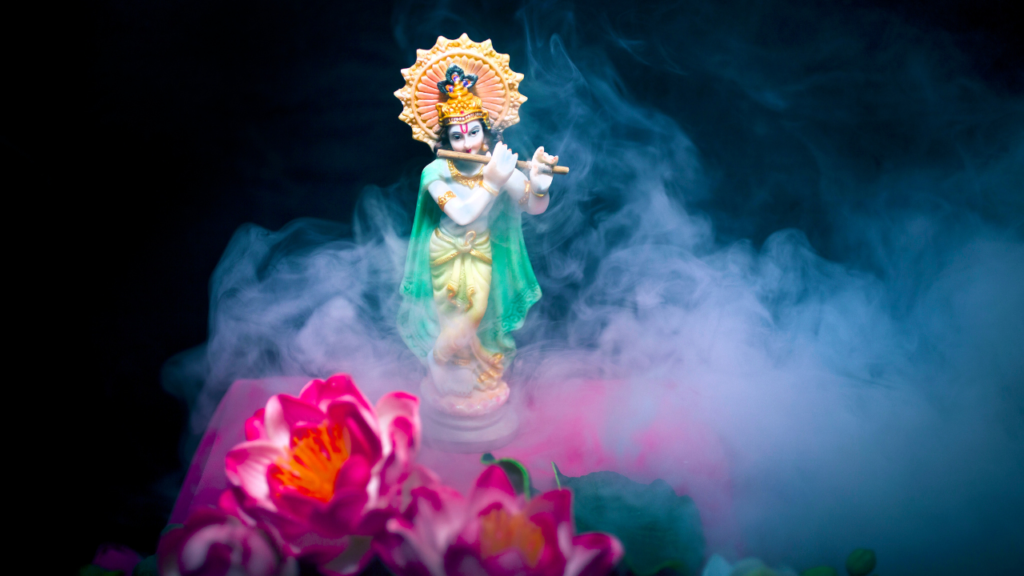
Frequently Asked Questions about Hindu Gods:
How many gods are there in Hinduism?
Hinduism recognizes a multitude of deities, with estimates ranging from hundreds to millions. The concept of a single, supreme god is also prevalent.
Who is the main god in Hinduism?
Hinduism is diverse, and there is no singular “main” god. The Trinity—Brahma, Vishnu, and Shiva—is often revered collectively, while individual preferences lead to devotion to specific deities.
What are the roles of Brahma, Vishnu, and Shiva?
Brahma is the creator, Vishnu the preserver, and Shiva the destroyer and transformer. Together, they represent the cyclical nature of existence.
Why are there multiple arms and heads in depictions of Hindu gods?
Symbolism plays a crucial role. Multiple arms signify the gods’ ability to multitask, while multiple heads often represent expanded knowledge and wisdom.
Are there female deities in Hinduism?
Yes, there are numerous female deities, such as Lakshmi (goddess of wealth), Saraswati (goddess of knowledge), and Parvati (consort of Shiva).
Can one worship any god, or is there a specific deity for each person?
Hinduism allows for personal choice in worship. Devotees can choose a deity based on personal inclinations, needs, or cultural background.
Are there festivals dedicated to specific gods?
Yes, many Hindu festivals are dedicated to specific deities. For example, Diwali is associated with Lakshmi, and Shivaratri is dedicated to Lord Shiva.
Is there a hierarchy among the gods?
Hinduism does not establish a strict hierarchy. Each deity is revered for their unique attributes, and devotees may have personal preferences.
Can non-Hindus worship Hindu gods?
Hinduism is inclusive, and there are no strict restrictions. Many non-Hindus appreciate and worship Hindu deities for their symbolism and universal values.
How do Hindus view the concept of God in relation to the universe?
Hinduism encompasses various philosophical perspectives. Some see the divine as immanent in the universe, while others perceive it as transcendent, beyond material existence.
